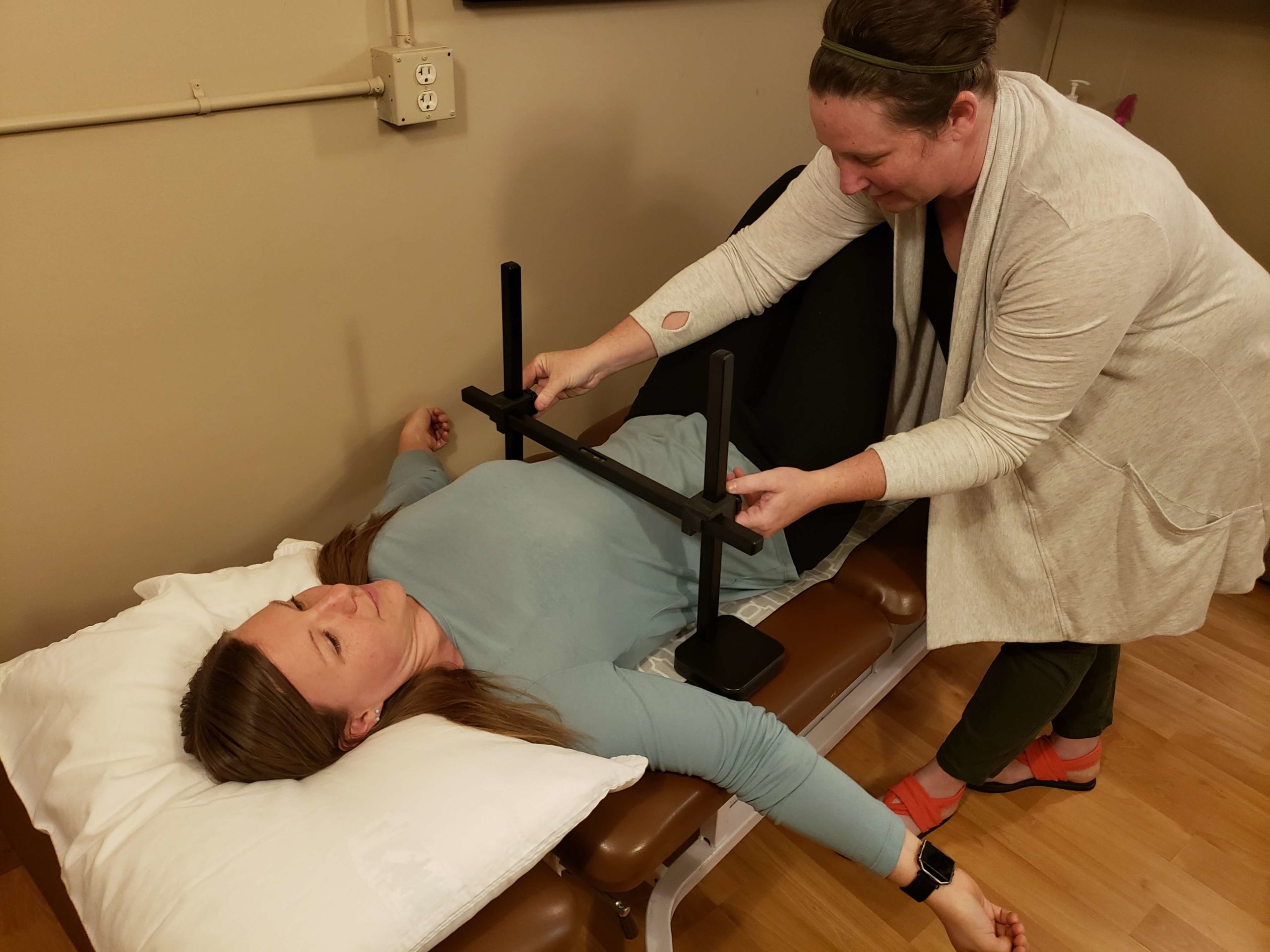24/7 Postural Care: What Is It and How Could It Help You?
 Daytime and nighttime positioning are an integral part of daily life. 24/7 postural care can make a huge difference. Easily overlooked and often misunderstood, positioning is something most individuals take for granted. For several individuals, however, body changes due to positioning and gravity are more immediate and more debilitating. In addition, people who have limited mobility and/or are less able to change positions independently will develop distortions over time. This can lead to social, psychological, and health implications. These individuals rely on their families, caregivers, and professionals to provide optimal supports and means to reduce the impact.
Daytime and nighttime positioning are an integral part of daily life. 24/7 postural care can make a huge difference. Easily overlooked and often misunderstood, positioning is something most individuals take for granted. For several individuals, however, body changes due to positioning and gravity are more immediate and more debilitating. In addition, people who have limited mobility and/or are less able to change positions independently will develop distortions over time. This can lead to social, psychological, and health implications. These individuals rely on their families, caregivers, and professionals to provide optimal supports and means to reduce the impact.
In February, 2019, MOSAIC Occupational Therapist, Erin Russell starting training through the Montana Postural Care Project. She wanted to provide increased services to those in need in our community. Tamara Kittleson-Aldred, M.S. OTR/L, ATP/SMS and Arwen Kittleson-Aldred, M.Ed., RCPV lead the Montana Postural Care Project.
Driven by research, the Montana Postural Care Project is in its third year. Postural care is extremely important. The project is designed to increase awareness of postural care. It also provides support to those in need of 24-hour postural care. The training included learning about and creating customized sleep systems, as well as addressing wheelchair and alternate seating position needs. Funded by the Montana Council of Developmental Disabilities, the project provided all trainees with access to measuring tools in addition to supplies needed to provide sleep systems to local clients.
How Can Postural Care Help Me?
The benefits for many involved in the project include improved postural alignment and reduction in pain. Additionally, many individuals also experience improved behavior/mood, and improved sleep. For some individuals, the support can prevent more invasive procedures from needing to occur. Although individually designed, most sleep systems include: non-skid matting, trunk/hip frames, and a leg separator. They also often include a leg separator, leg and/or torso elevators, and pillows. Researches designed many of the items provided through the project. Several of these items are available for purchase. Systems can also be made and/or modified with commonly found items in the home. The goal of the project is for families to be able to easily implement the systems.
24/7 postural care is important for all age groups and seeking support for those who have limited mobility is what this project is designed for. Please visit http://posture24/7.org/ or contact Erin Russell, OTR/L at MOSAIC Rehabilitation, one of the Gallatin Valley representatives for further information about the project and its benefits.
